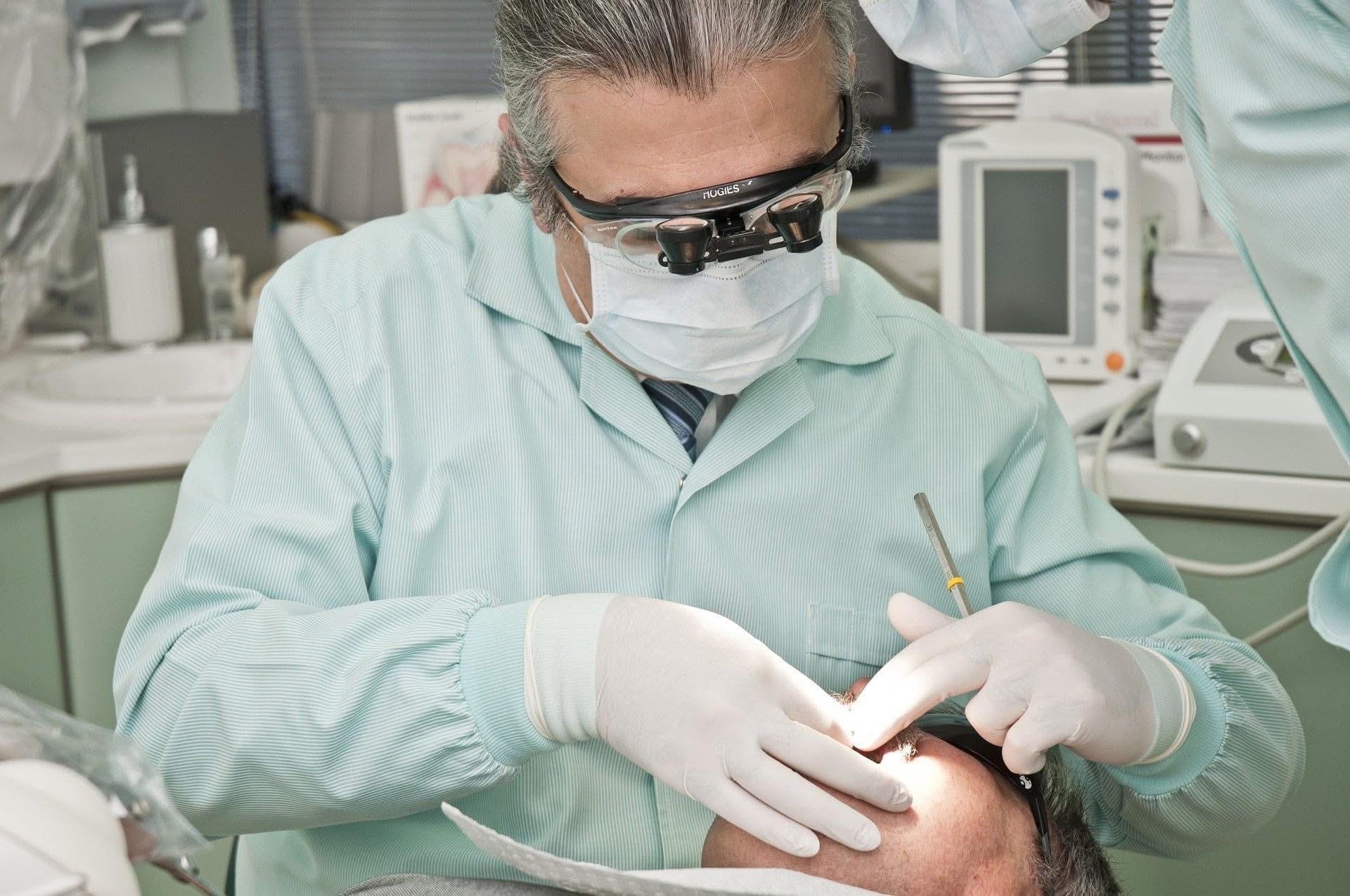This past summer, the journal of Metabolic Brain Disease published a study further corroborating the connection between mercury exposure and Autism Spectrum Disorder (ASD)¹. This release follows several studies exposing parallels between high mercury levels and autism symptoms in children.
The government does not yet formally recognize mercury as a potential risk factor for ASD. The Centers for Disease Control and Prevention (CDC) does, however, classify mercury as “highly toxic” and recently released an instructional video geared toward children regarding the dangers of elemental or metallic mercury exposure. In its video, the CDC says mercury is “especially toxic to children, because their bodies are still growing.”
Mercury Exposure and Autism Spectrum Disorder
Autism, or ASD, is a broad term that covers a range of chronic neurological conditions that impact brain development. Most often, ASD leads to social difficulties, communication challenges and repetitive behaviors – and children affected range from mentally delayed to very gifted. Parents often see signs of autism within the first two years of a child’s life, but most definitive diagnoses are made around age four. While recent research suggest that 10 percent of children diagnosed with autism shed symptoms before adulthood², there is no known cure. Fortunately, early detection coupled with ongoing therapy helps relieve many of the challenges associated with autism.
Even though 1 in 68 children is identified with ASD³, leading medical agencies, including the CDC, have not identified any specific causes. However, genetics, chromosomal conditions, prescription drugs taken during pregnancy and children born to older parents present higher ASD risks. Despite this, many researchers around the world continue to search for associations to help parents mitigate the odds of their children developing ASD. One such risk factor of autism echoed by numerous credible academics and scientists across the globe is mercury toxicity.
In a recent study, nine researchers from leading Egyptian universities and medical schools measured mercury levels in a group of 100 children – 40 children diagnosed with ASD 20 healthy siblings of children with ASD and 40 perfectly healthy children. The researchers found that children with ASD had significantly higher blood mercury levels compared to healthy siblings of children with autism and healthy children. In addition, scientists measured urine secretion for porphyrins, organic compounds that act as biomarkers of mercury toxicity. In both labs, children with the highest levels of mercury suffered the most severe ASD symptoms.
Following past and recent revelations of mercury toxicity and its link to autism, many parents, activist groups and high-profile celebrities have taken an anti-vaccine stance. Why? Vaccines – including the common flu shot – contain heavy metal mercury, a neurotoxin already proven to impair proper brain development. Numerous cases of parents claiming their children’s autism symptoms arose after vaccination continue to circulate the internet – and the courtroom. Anti-vaccination advocates believe mandatory vaccinations violate individual rights and religious freedom.
Those in favor of vaccines believe immunization benefits of measles, mumps and whopping cough outweigh the potential risks. Further, pro-vaccinators regularly deny claims or research that demonstrate links between mercury exposure and autism, deeming the movement a medical hoax. This group largely believes vaccines are not to blame for cognitive impairment, despite settlements totaling approximately $3.5 billion paid by the National Vaccine Injury Compensation Program (VICP) since 1988.
Regardless of your stance on vaccines, minimizing mercury exposure from your family’s life is important. Never allow children to handle products that contain mercury, including thermometers and fluorescent lights. If mercury is spilled in your home, contact the local health or environmental department immediately. The Florida Department of Environmental Protection recommends pregnant women and children to keep away from rooms where liquid mercury is used or spilled.
Dental amalgams, or silver fillings, contain approximately 50 percent elemental mercury. Over time, silver fillings emit vapors that can cause mood swings, tremors, headaches, insomnia, nervousness, irritability and weakness. Other more serious ailments associated with methylmercury poisoning include vision problems, cerebral palsy, hearing problems, growth problems, intellectual disability and microcephaly.
To eliminate your risk of mercury poisoning and potential illness, contact Assure A Smile at 305-274-0047 and schedule a personalized consultation for safe mercury filling removal in Miami.
¹ Khaled, E.M., Meguid, N.A., Bjørklund, G. et al. Metab Brain Dis (2016) 31: 1419. doi:10.1007/s11011-016-9870-6
² https://www.nytimes.com/2014/08/03/magazine/the-kids-who-beat-autism.html?_r=0
³ https://www.cdc.gov/ncbddd/autism/data.html





